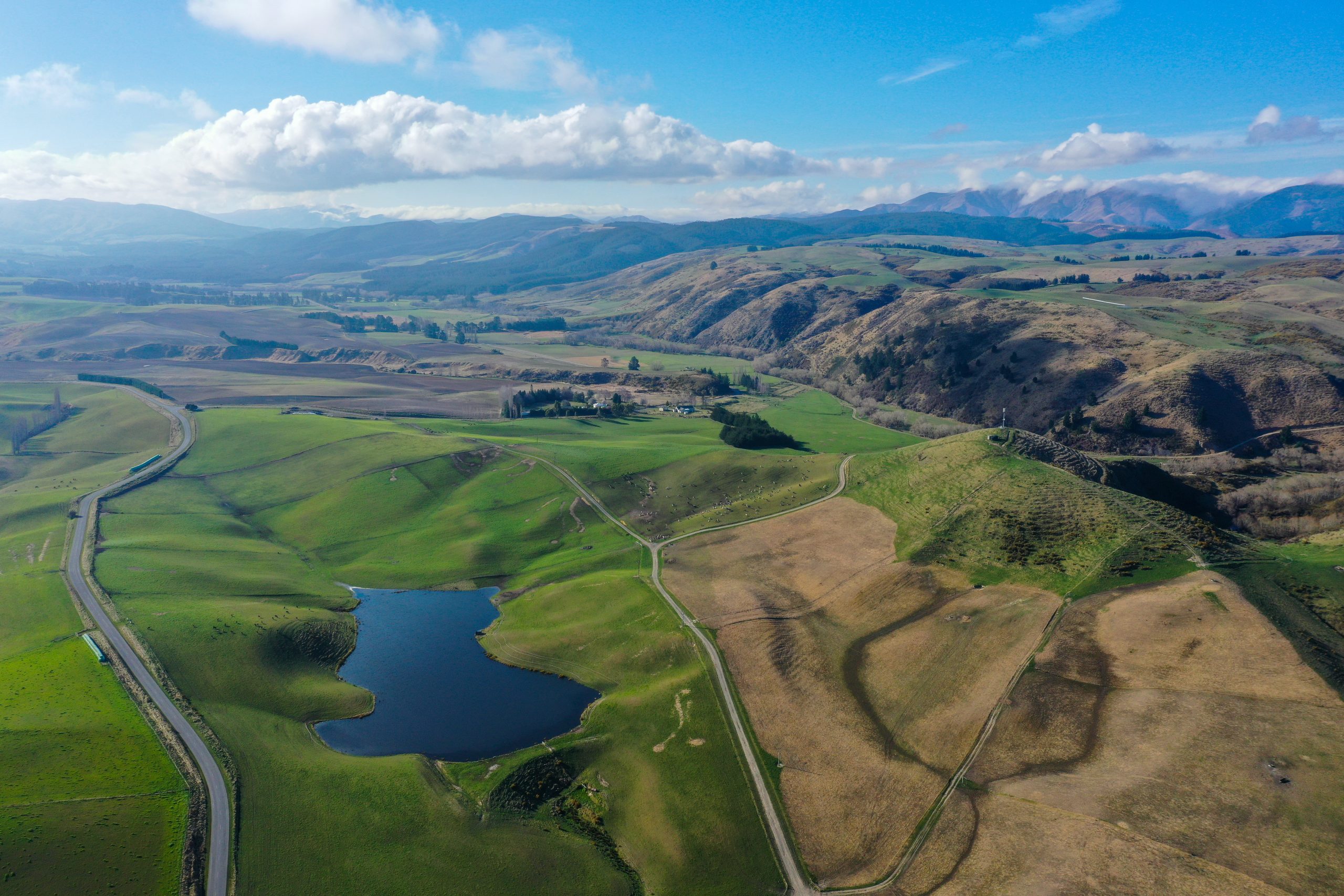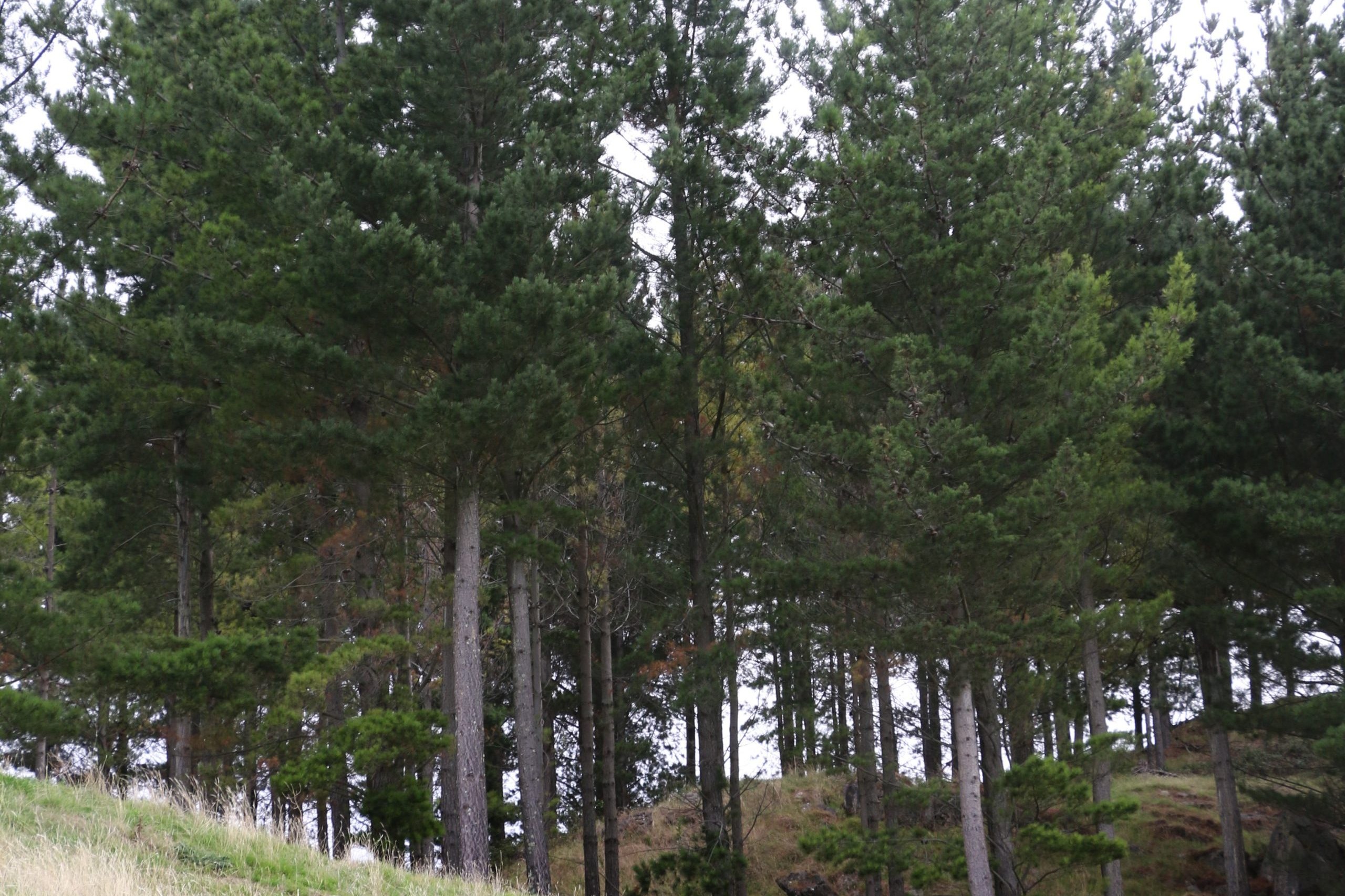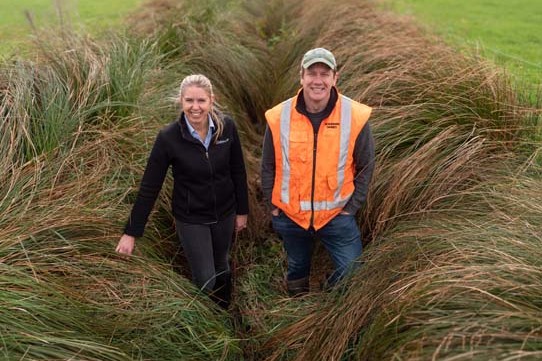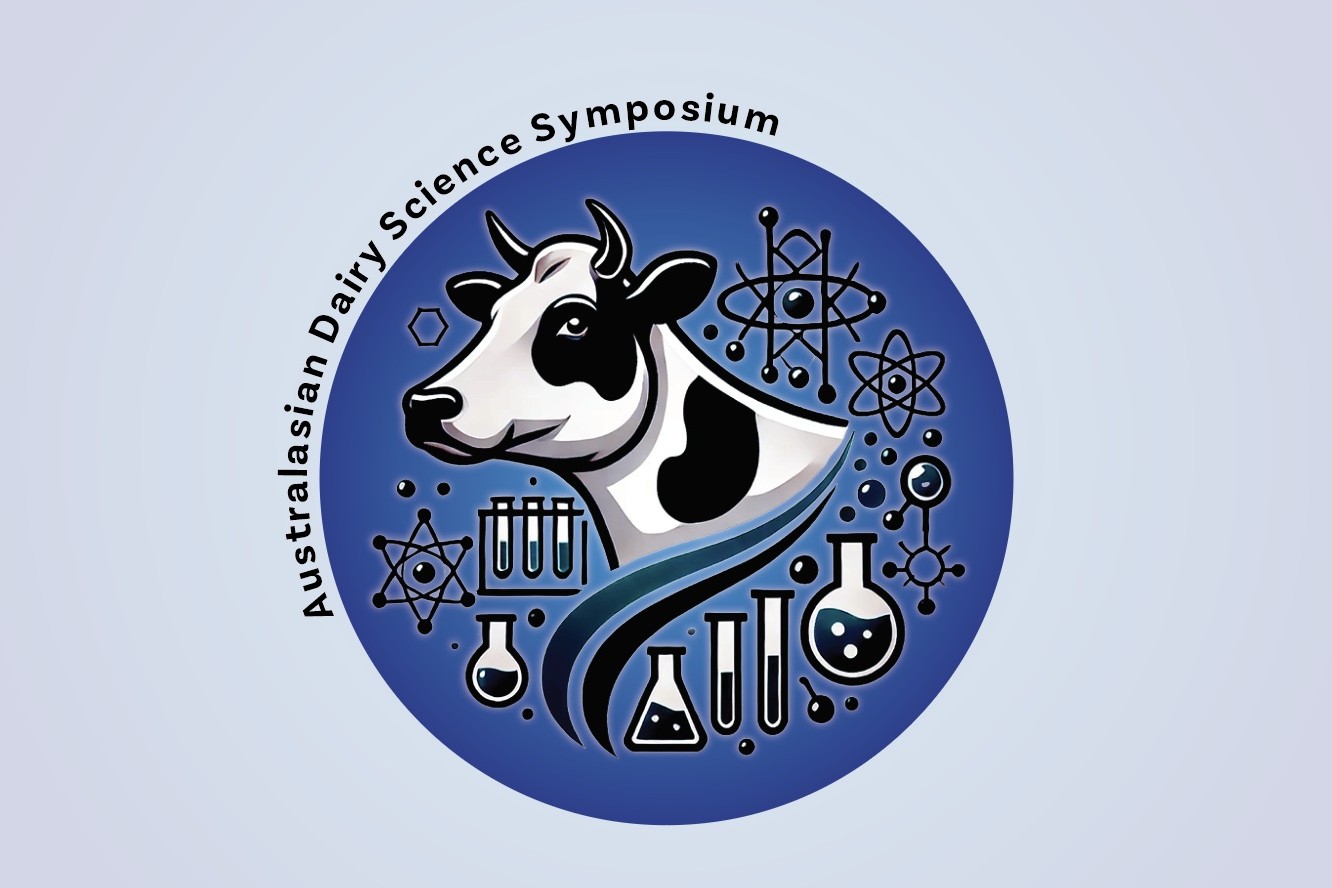By KAREN TREBILCOCK
A dairy farm in Southland will soon stand out from the rest because of the colour of its cows.
While most of the country, especially the South, is dominated by Friesian and crossbred cows, a 215-hectare, 600-cow farm at Makarewa near Invercargill is looking forward to showcasing the Jersey breed.
Once the favoured cow in New Zealand, it has been overtaken by Friesian in recent decades.
However, New Zealand Dairy Statistics records half of all cows in NZ as now crossbred and LIC figures show 80% of calves born this season from LIC mated cows will be a cross of the two breeds.
Of the 4 million dairy inseminations carried out by LIC last year, 13.6% were of Jersey semen and only a third of these were inseminated into the same parent breed.
It’s something Julie Pirie, chair of the joint venture, wants to change.
The Southland farm has been bought by farmer advocacy group Jersey Advantage and breed society Jersey NZ, which each have a 25% share. Five private investors, either retired or retiring farmers, hold a 10% share each.
“Jerseyland Farms will be run as a commercial operation, providing a sustainable funding source for both organisations,” Julie says. She is also a director of Jersey NZ and a member of Jersey Advantage.
“Revenue from the joint venture will be used to enable increased breed promotion and industry representation across key farmer issues.
“The funding will allow us to deliver commercial advantages for the Jersey breed – ensuring a fair payment for Jersey milk, ensuring BW and PW accurately reflect the advantages of Jersey cattle, ensuring emissions modelling captures Jersey efficiency, and supporting industry planning around bobby calf management and pathways for Jersey beef.”
The governance board will include members from both organisations and the five private investors with Dairy Direct supporting the day-to-day operations.
Jersey NZ had wanted to buy a farm for some time to showcase the breed but this year everything had come together quickly, she says.
“We found the right farm at the right price and available at the right time and it was in Southland. It presented us with the perfect opportunity.”
However, with the rush of getting the legal documents signed, the farm takeover was delayed until June 15 and most of the Friesian and crossbred herd which was part of the sale have been unable to be sold on.
“There was demand for R2s in Southland and we have replaced them with Jersey cows from Waikato, Northland and Canterbury and the Friesians we’re left with, about two-thirds of the herd, will be sold when we can.
“Until the farm is only Jersey cows, the Friesians will give us a good comparison on the efficiencies of the Jerseys.”
Julie, who farms 900 mostly Jersey cows at Ngatea in the North Waikato, says Southland Jersey breeder Rodney Dobson has been invaluable with the farm purchase.
“He knows the area and gave us the confidence to go ahead. The farm is very wet so having Jerseys on it, with their smaller frame, will work well.”
Corporate farmer, former Fonterra director and Jersey Advantage chair Mark Townshend was also instrumental in getting the farm up and running.
He says the venture has the potential to generate a strong return on equity.
“The intention is this investment is part of a 10 to 15-year plan to build a farm portfolio delivering 500,000kg MS plus,” he says.
Jersey Advantage and Jersey NZ members are keen to visit the farm soon and it is hoped public field days will be run the following season, Julie says.
“We really want to show how efficiently Jerseys produce high fat and protein milk. The breed has been shown in research to produce around 8% more milksolids per kilogram of drymatter eaten – 1 to 2% more protein and 11 to 13% more fat – than Holstein Friesians.
“Because Jerseys produce more concentrated milk there is also less energy required to cart and process the milk which helps with their environmental footprint.
“We’re halfway through calving on our own farm and I know I would be rather moving a Jersey calf around than a Friesian. They are so much lighter which also helps to reduce pugging on wetter soils.”
On the Southland farm, cows will be wintered off and the aim is for a grass-only, low-cost milking operation.
“They tell me in Southland you grow grass all season long.”
The farm has a herringbone dairy and started out as a town-supply farm last century. Under the venture it will supply Fonterra.
“We’re lucky also the contract milkers from before the sale have stayed on. They really know the farm and how it works.”





